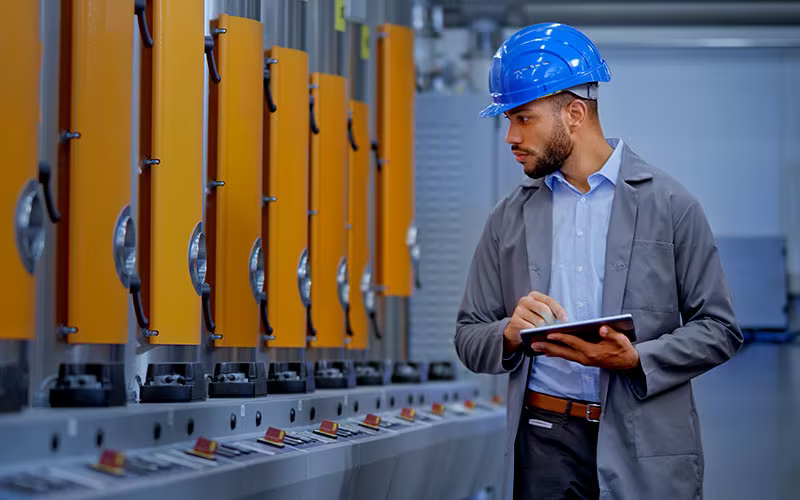Manpower Training & Development
Manpower training and development play a crucial role in the steel industry to enhance the skills, knowledge, and capabilities of the workforce. It aims to equip employees with the technical expertise, safety protocols, industry best practices, and leadership skills necessary to excel in their roles within the steel sector.

Here are the key aspects of manpower training and development in steel industries:

Technical Skills Training

Safety & Compliance Training

Continuous Skills Development

Leadership & Supervisory Training

Cross-Training and Multi-Skilling

Performance Evaluation & Feedback

Succession Planning

Training Evaluation & Continuous Improvement
By investing in manpower training and development, steel companies can foster a skilled, motivated, and adaptable workforce. Well-trained employees contribute to improved productivity, product quality, operational efficiency, and safety standards in the steel industry. Moreover, continuous learning and development opportunities promote employee engagement, retention, and career advancement, creating a positive work culture and driving organizational success.
© 2023 Innovative Engineering Services. Designed & Developed with by The Haribol Technologies
